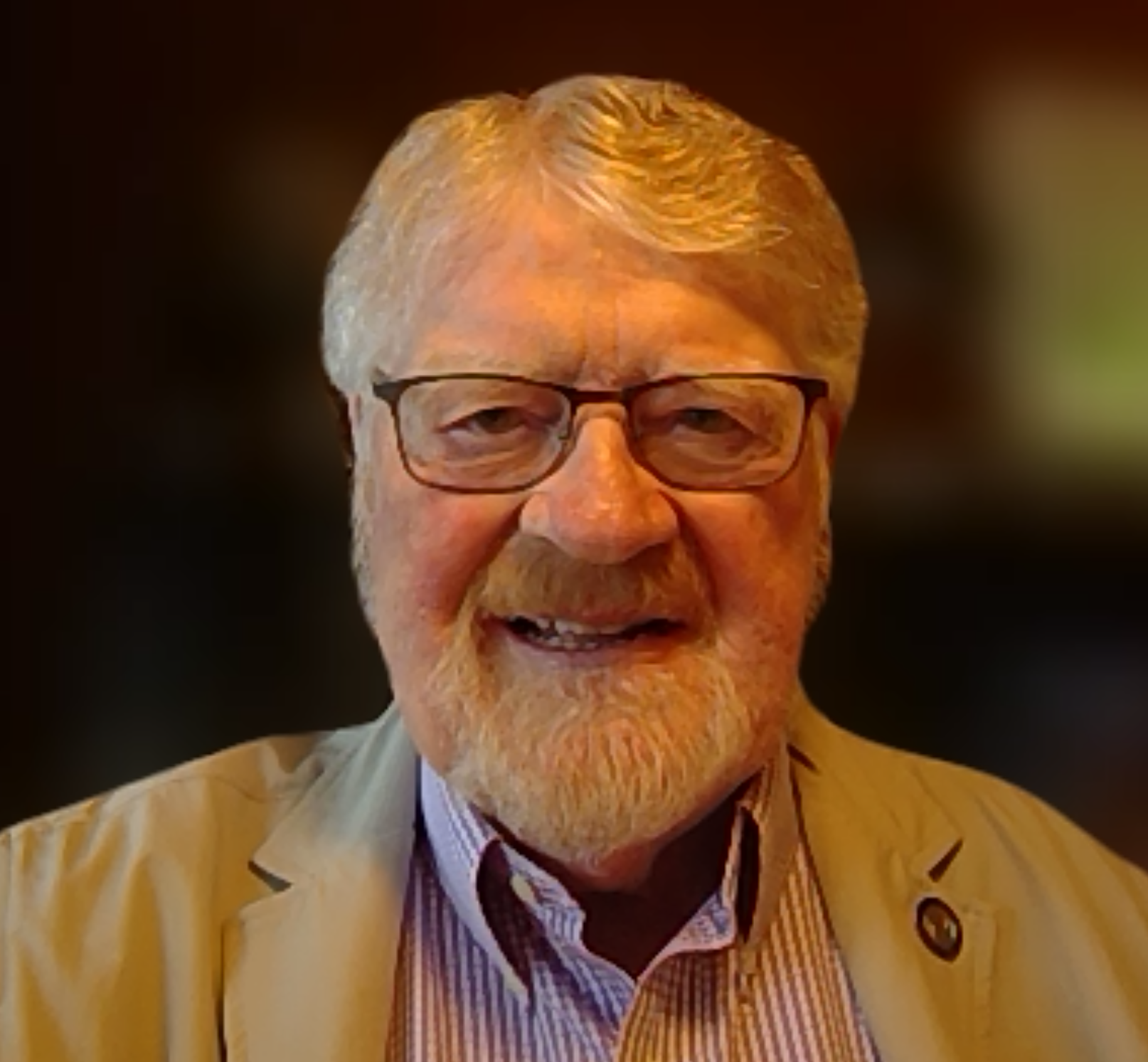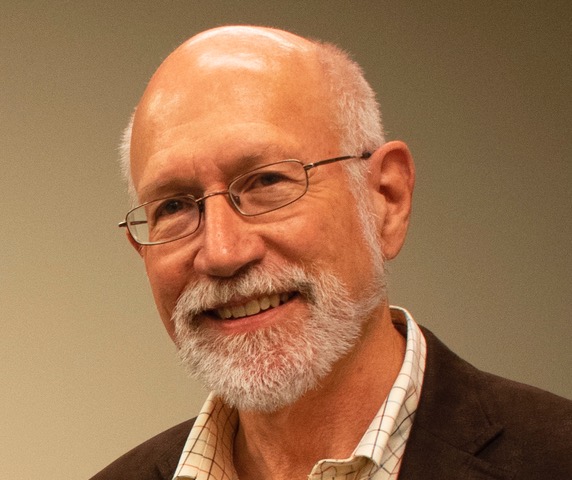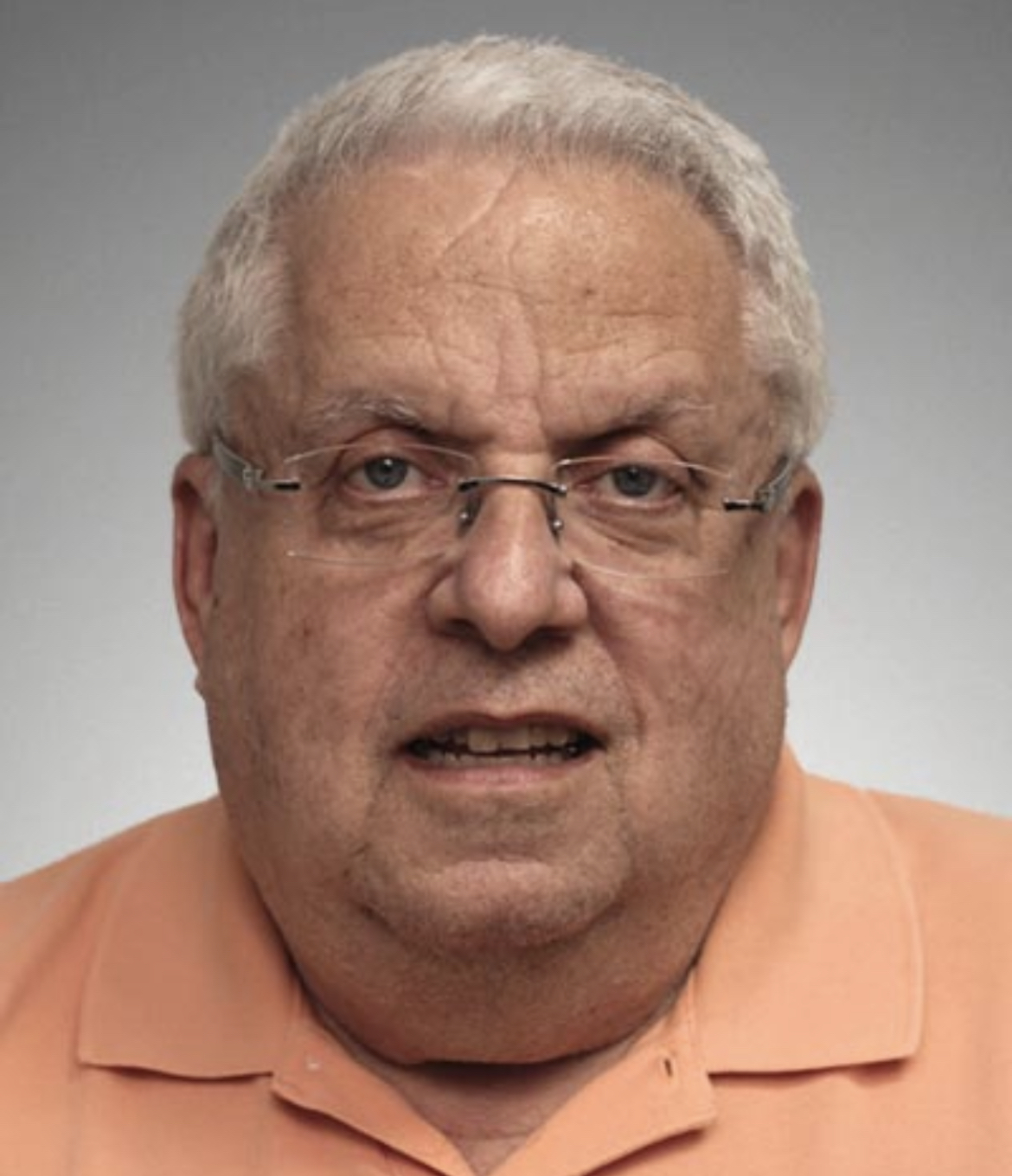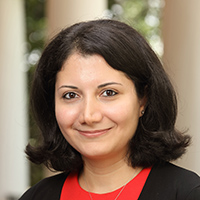 |
Dr. Jaynarayan Lala is a Senior Principal Engineering Fellow at Raytheon Technologies. He is the Cyber Technology Director for the Raytheon Missiles and Defense (RMD) business unit where he has led advanced cyber technology development for the past 17 years. He is now also serving as the RMD Product Cybersecurity Officer. Jay has 45 years of experience that spans industry, government and research & development labs. At DARPA, he initiated ground-breaking research in intrusion-tolerant and self-healing systems. He was honored with the Secretary of Defense Medal for Exceptional Public Service for his work at DARPA. Prior to DARPA, for spent nearly a quarter century at Draper Lab in Cambridge, MA, where he architected fault-tolerant computers for many mission- and safety-critical platforms, including Seawolf Submarine, aircraft engine controllers and spacecraft. Jay has authored over 50 peer-reviewed publications, books and book chapters and has five patents. He (along with two Draper colleagues) received the IFIP Jean Claude Laprie award in 2015 for his work on the Fault Tolerant Multi-Processor (FTMP). Jay is a Life Fellow of IEEE and an Associate Fellow of AIAA. Jay received Doctor of Science and Master of Science degrees from MIT in Aero & Astro and a Bachelor of Technology (Honors) from Indian Institute of Technology, Bombay. |
 |
Dr. John Meyer is is a Professor Emeritus of Computer Science and Engineering at the University of Michigan, Ann Arbor, MI, USA. He joined the U-M faculty in 1967 and in addition to his appointments there, he's held visiting research positions at laboratories in England, France, Italy, Japan, and Sweden. He's perhaps best known for introducing the concept of "performability" (1975), a unified performance-dependability measure which precipitated decades of innovative work ranging from basic research to tool-based performability evaluations of complex systems and networks. Prior to joining the Michigan faculty, Meyer was a Research Engineer at the Cal Tech Jet Propulsion Laboratory, where his contributions included the first patent issued to NASA (1963). He holds BS and PhD degrees from the University of Michigan (1957, 1967) and an MS degree from Stanford University (1958). Dr. Meyer has received honors and awards from various institutions including NASA, U-M College of Engineering, IEEE, IEEE Computer Society, IFIP, and IFIP Working Group 10.4. He's been a member of WG 10.4 since its founding (1980) and was an inaugural recipient of the WG 10.4 Jean-Claude Laprie Award in Dependable Computing (2012). Details concerning his publications and professional activities can be found at: https://web.eecs.umich.edu/~jfm |
 |
Dr. Carl Landwehr is is Visiting Professor at the University of Michigan and collaborates with the Cyber Security and Privacy Research Institute at George Washington University. He consults with NSA's Science of Security research program and has served as an advisor to research programs at DARPA, HRL Laboratories, Rockwell Collins, Sandia Laboratories, the US Office of Naval Research, and other programs in Europe and Australia. In the early 2000's, Dr. Landwehr created and led research programs for the National Science Foundation (NSF) and the Intelligence Advanced Research Projects Activity (IARPA) that funded a wide range of groundbreaking university and industry research related to cybersecurity and privacy. In the 1980s and 90s he was a Supervisory Computer Scientist at the US Naval Research Laboratory, where he led a research group in cybersecurity. He has taught computer science at Purdue, Georgetown, the University of Maryland and Virginia Tech. He holds a BS degree in Engineering and Applied Science from Yale University and MS and PhD degrees from the University of Michigan in Computer and Communication Sciences. He is a Fellow of the IEEE for contributions to cybersecurity and a member of the inaugural class of the U.S. National Cyber Security Hall of Fame. |
 |
Dr. Charles Weinstock is a senior member of the technical staff in the System of Systems Software Assurance Initiative within the Research Technology and System Solutions Program at the Software Engineering Institute (SEI) at Carnegie Mellon University. He has a PhD in Computer Science, an MS in Industrial Administration, and a BS in Mathematics from Carnegie Mellon. In over 35 years at the SEI, Weinstock has worked in the areas of model-based verification, fault tolerant computing, open-source software, distributed real-time systems, architecture analysis, assurance cases, confidence, and argumentation theory. Weinstock's interest in fault tolerant computing began while he was at SRI International where he was the principal software designer and implementer of the SIFT (Software Implemented Fault Tolerance) system. Weinstock has also worked at Tartan Laboratories and Illinois Institute of Technology. In June 2014 Weinstock (and other SRI International colleagues) received the Jean-Claude Laprie Award in Dependable Computing for his work on the SIFT system. |
 |
Dr. Homa Alemzadeh is an Assistant Professor in the Department of Electrical and Computer Engineering at the University of Virginia since 2017. She is also affiliated with the UVA Link Lab, a multi-disciplinary center for research and education in Cyber-Physical Systems (CPS). Before joining UVA, she was a Research Staff Member at the IBM T. J. Watson Research Center. She received her Ph.D. in Electrical and Computer Engineering from the University of Illinois at Urbana-Champaign and her B.Sc. and M.Sc. in Computer Engineering from the University of Tehran. Her research interests are at the intersection of computer systems dependability and data science, in particular data-driven resilience assessment and design of CPS with applications to medical devices, surgical robots, and autonomous systems. She is the recipient of the 2017 William C. Carter Ph.D. Dissertation Award in Dependability from the IEEE TC and IFIP Working Group 10.4 on Dependable Computing and Fault Tolerance. Her work on the analysis of safety incidents in robotic surgery was selected as the Maxwell Chamberlain Memorial Paper at the 50th annual meeting of the Society of Thoracic Surgeons (STS) and was featured by the MIT Technology Review, Wall Street Journal, and BBC, among others. |
|






